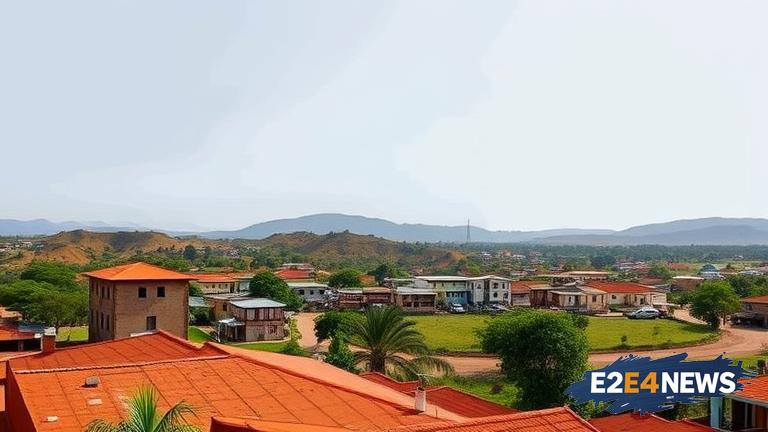The analyst’s scathing critique of the 2030 agenda has sparked a heated debate about the country’s future. Zimbabwe has been grappling with a severe economic crisis, characterized by hyperinflation, food shortages, and a deteriorating healthcare system. The 2030 agenda, unveiled by President Mnangagwa, aims to transform Zimbabwe into an upper-middle-income economy by 2030. However, the analyst argues that the agenda lacks concrete plans and strategies to address the country’s pressing issues. The critic also warns that Zimbabwe’s crisis has the potential to spill over into the region, affecting neighboring countries. The Southern African Development Community (SADC) has already expressed concerns about the situation in Zimbabwe. The analyst’s warning comes as the country’s opposition parties are calling for urgent reforms to address the economic and political crises. The government has been accused of human rights abuses, corruption, and mismanagement of the economy. The 2030 agenda has been seen as an attempt to deflect attention from the current crisis and create a false sense of optimism. However, the analyst argues that the agenda is nothing more than a ‘public relations exercise’ designed to appease international donors and investors. The critic also points out that the agenda fails to address the root causes of the crisis, including corruption, poor governance, and a lack of economic diversification. Furthermore, the analyst warns that the regional fallout from Zimbabwe’s crisis could have far-reaching consequences, including a surge in migration, increased poverty, and instability in the region. The situation in Zimbabwe has already led to a significant increase in migration to neighboring countries, including South Africa and Botswana. The analyst’s warning has been echoed by other experts, who argue that the international community needs to take a more proactive approach to addressing the crisis in Zimbabwe. The United Nations and other international organizations have been urged to provide more support to the country, including humanitarian aid and technical assistance. However, the analyst argues that any assistance should be conditional on the government’s commitment to reforms and human rights. The situation in Zimbabwe remains volatile, with protests and demonstrations continuing to take place across the country. The analyst’s critique of the 2030 agenda has highlighted the need for a more nuanced and realistic approach to addressing the country’s challenges.
